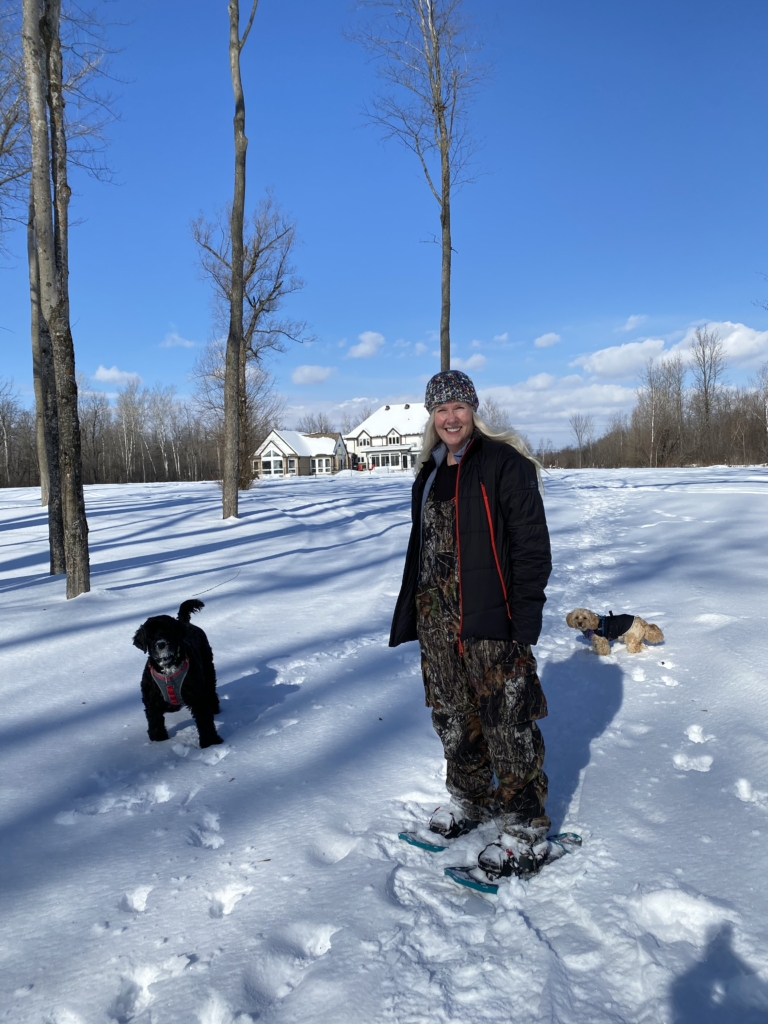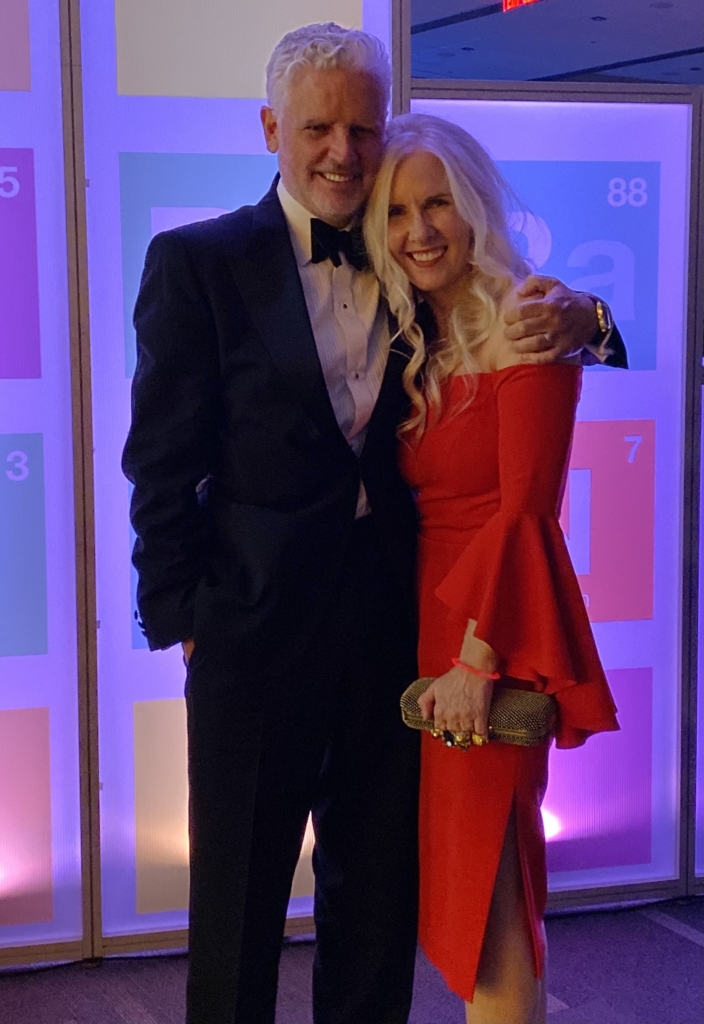From clinician to researcher to administrator — Dr. Melissa Forgie’s career touches just about every area of healthcare as we know it. She’s treated patients, conducted practice-changing research, and now, as Vice President of Medical Education at The Ottawa Hospital, Dr. Forgie is shaping the next generation of healthcare providers.
With an M.D. from uOttawa, two specialty certifications — in internal medicine and hematology — from the Royal College of Physicians and Surgeons of Canada, a fellowship in thromboembolic diseases, and a Master of Clinical Epidemiology, Dr. Forgie has been a part of The Ottawa Hospital since 1995, when she first joined as a medical consultant, later taking on a clinical investigator role doing research into thrombosis — when blood clots block veins or arteries.
Dr. Forgie took some time to tell us about how her career has been shaped by falling in love with internal medicine, going on maternity leave, and hope for the exciting possibilities of the new campus development of The Ottawa Hospital.
Q: Can you tell us a little bit about your early years and where you grew up?
A: I was born in Washington, D.C., to a Scottish father and a British mother. My father was a military physician at the Walter Reed Military Hospital at the time I was born, and then I grew up all over the place. My formative years were in Germany, but I was a Canadian citizen by grade school. I was raised with all the Scottish traditions though — I love bagpipes, oatmeal, and wear the family tartan.
Q: How did you decide you want to pursue medicine?
“I never wanted to be anything else. From the moment I could say the word, I wanted to be a doctor.”
— Dr. Melissa Forgie
A: My grandfather was a doctor, so I’m a third generation Dr. Forgie. Some of my earliest, most vivid memories are of going on ward rounds with my father in Germany at the military hospital there. This is going to sound very nerdy, but I remember sitting in Germany with headphones on, listening to classical music and reading my father’s medical journals. His bedtime stories to me were about the parts of the eye. I’ve just always been a real sponge for anything medical.
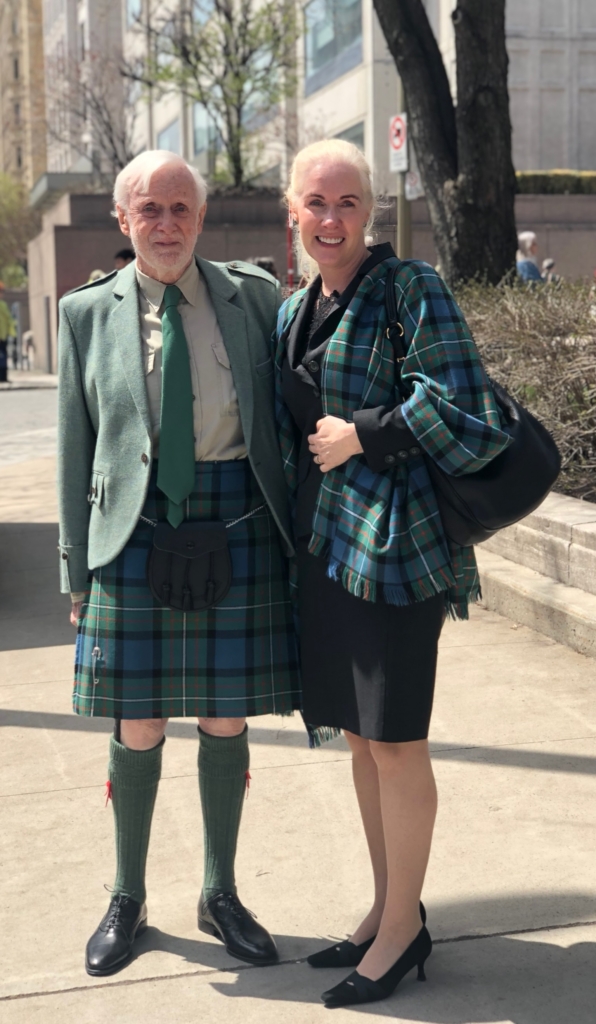
Q: Why did you choose internal medicine and hematology as your specialities?
A: For internal medicine, I was a third-year med student at the University of Ottawa, and it was back in the days when putting the student on the spot as initiation was acceptable. I remember one of the staff threw me into a room at the Civic and said, “you have two minutes to make the diagnosis.” Absolutely that would be unacceptable behaviour with a med student nowadays, but fortunately I managed to come up with the diagnosis, and the rest is history. I just really liked the challenge of no one knowing what’s going on and multisystem disease and illness, so I gravitated towards that.
Then, hematology appealed to the science nerd in me. It’s a speciality where there’s the lab and basic science happening right at the bedside. You’re looking at the molecular basis of disease in the patients.
Q: What were your first years practicing like?
A: I started off in a very heady, stimulating, awesome time back in the mid-to-late ’90s — we were literally doing practice-changing research. It was the early days of thrombosis research. I was the first thrombosis fellow in Ottawa way back in the dark ages, and now we’re the biggest thrombosis fellowship program in the world.
But there were some glass ceilings. I was the first woman in Canada with a career-funded research grant through the Medical Research Council to take a maternity leave. They had no maternity leave policy back in those days. I had to fight some pretty intense battles to get these policies in place.
They were challenging and interesting times, but lots of fun.
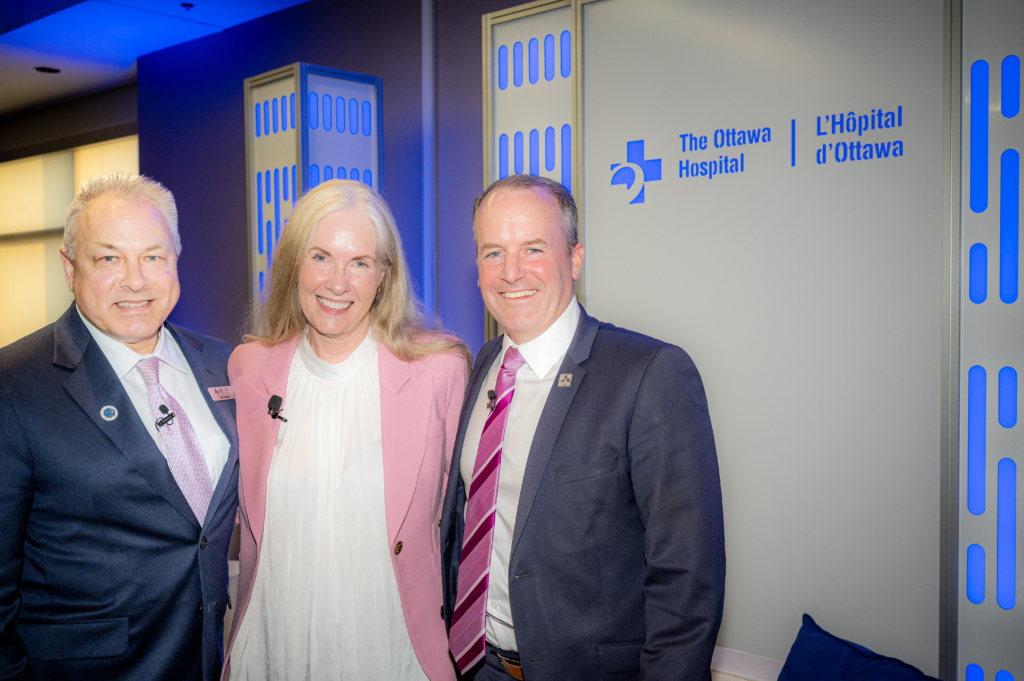
Q: How did you get involved in medical education?
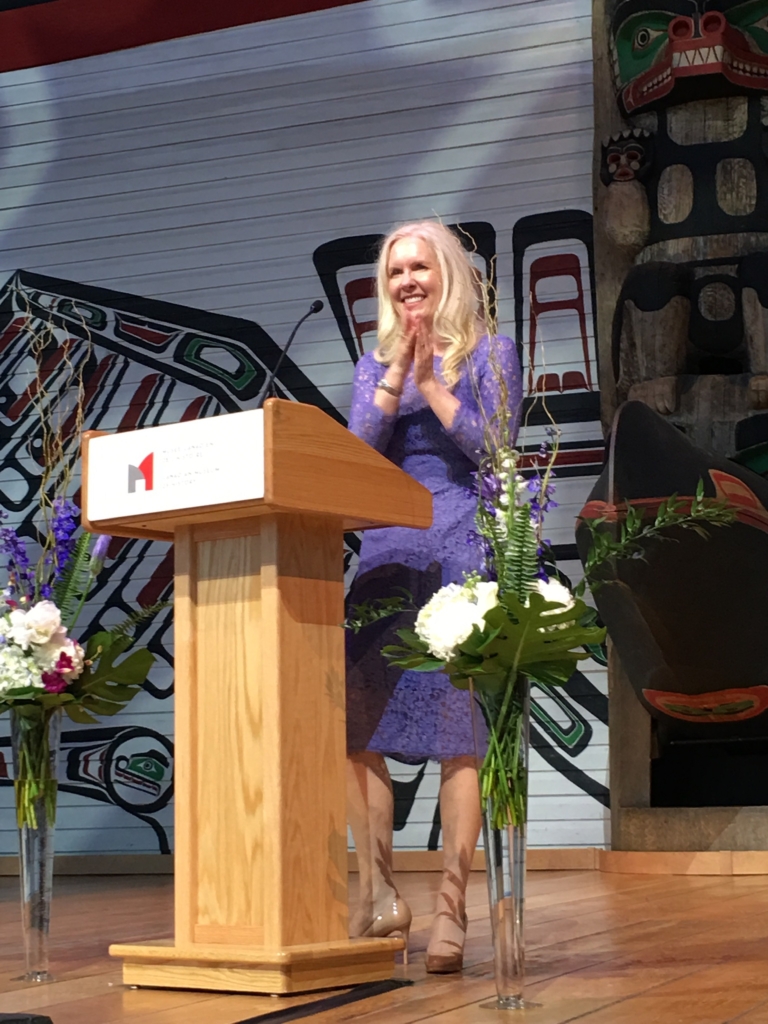
A: I was having a lot of fun on the research track; this would have been in the mid-to-late ’90s. To be a principal investigator then, you had to be travelling all over the world, and that’s how you got your grants, by giving public presentations and attending investigator meetings.
I remember exactly when I realized I couldn’t do this anymore. I was pregnant with my second child, it was a snowstorm, I was driving from an airport to an investigator meeting, and I just thought, “I can’t do this. I’m miserable, and I’m away from my daughter.”
I thus made the difficult decision to step away from being a clinician investigator. I was already doing some teaching at that point, so I was straddling these education and administration roles, and it was a steppingstone into medical education and advocacy for learners. The rest is history as I moved up the medical education hierarchy, and my current job — Senior Vice Dean and Vice President Medical Education — is without doubt, the best job in the world. You can advocate for all learners and make change.
There’s a real link between the learning environment and patient outcomes. We joke that specialists don’t just emerge from the uterus as fully trained physicians. There’s a whole process, and we know the better the learning environment is, the better physicians they’ll be. It all boils down to my most important driving force, which is the patient.
“Clinical care looks after patients today; education is looking after patients tomorrow.”
— Dr. Melissa Forgie
Q: What makes The Ottawa Hospital stand out on the international stage?
A: I can mostly speak to my very niche areas, which are thrombosis and education.
Back when I started, I went to a course at Harvard right before my Royal College exams, and when I showed up, they said, “You’re from Ottawa, you’re one of them cowboys who treats pulmonary embolism patients as outpatients!”
Even now, when we as thrombosis specialists travel, everywhere else in the world is sort of like, “Oh my gosh, you’re from Ottawa?”
“In Ottawa, we’re heavy hitters in medical education.”
— Dr. Melissa Forgie
We are uniquely poised in Ottawa in that we have a large adult hospital, a children’s hospital, and a number of specialty hospitals. So, we have a rich learning and teaching experience, we have depth and breadth, and we have some unbelievably well-known medical education researchers.
There are so many pockets of excellence where we’re absolutely world leaders in clinical care, clinical research, and education. We’ve got it going on, but people just don’t know about it. We don’t blow our own horn; I think that’s a bit of an Ottawa thing.
Q: What will a new, state-of-the-art health and research campus to replace the aging Civic campus mean for your patients?
A: For me, what resonates is that the technology will profoundly improve patient care. From virtual reality (VR) to artificial intelligence (AI) — it’s all really inspiring.
I also love the sustainability piece, the planetary health piece. Healthcare provision is one of the most wasteful industries on the planet, and it’s where we really need to up our game. I’m hopeful that this will be a huge part of the infrastructure in terms of the capital and basic operations.
What also excites me is that this will be a leading facility that will attract and retain top talent.
Q: Where would we find you when you’re not at work?
A: I do some volunteering for disadvantaged youth and other not-for-profit board work, and I’m also a big animal rights person. I used to have 15 pets because we would rescue animals. The list is a bit smaller now, but we still have a fair array of beasts. People joke that I should have been a vet.
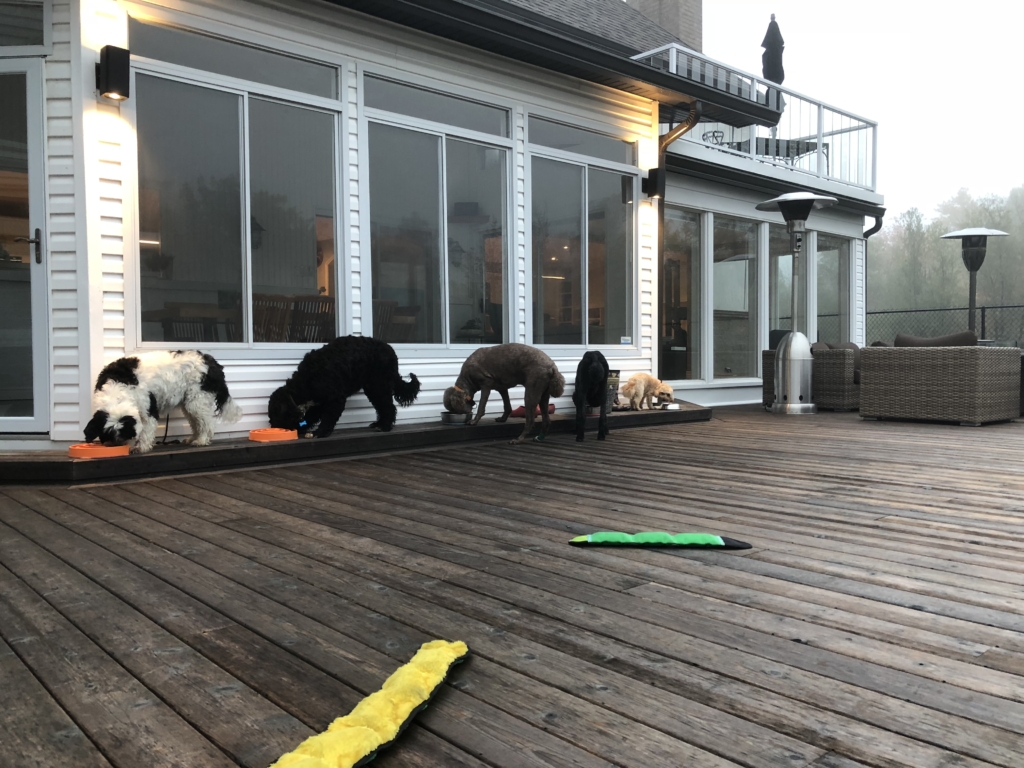
I have two adult children; my daughter is a lawyer on Wall Street living the dream, and my son is an officer in the Canadian Armed Forces currently deployed for the Ukraine war effort.
My husband’s a lawyer, and I met him in Grade 4. I was the weird kid with a funny accent and funny clothes. He took me under his wing, and the rest is history. We can have three-hour conversations with one look. We live on a five-acre property out in the woods; I love to wander around my beautiful, wooded paradise with my dogs, just 20 minutes from the hospital.
